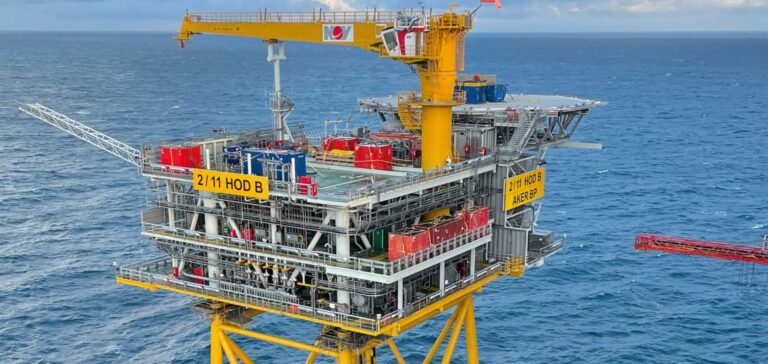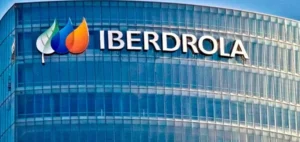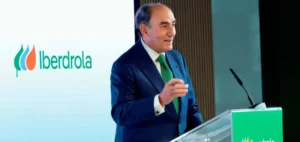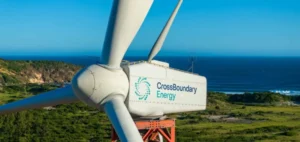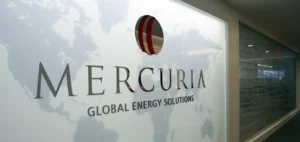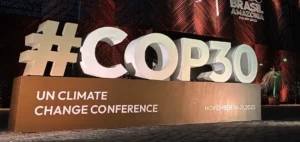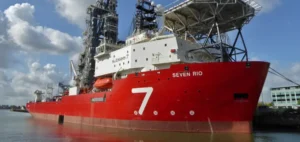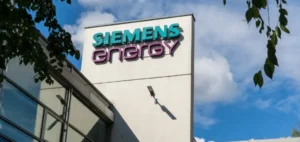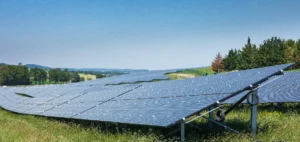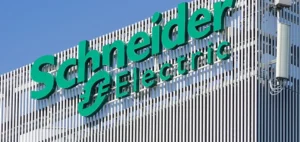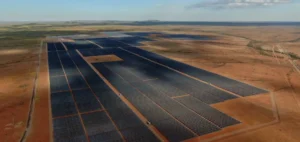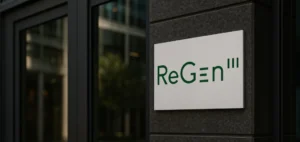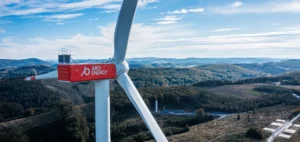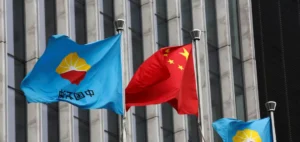Norwegian oil and gas company Aker BP ASA reported solid financial results for the first quarter of 2025, supported by a production rate of 441,000 barrels of oil equivalent per day (boe/d) and strict cost control. Production efficiency reached 97%, enabling the company to maintain its annual forecast between 390,000 and 420,000 boe/d.
Revenue growth and operational stability
Aker BP recorded revenue of $3.2bn during the period, slightly up from $3.1bn in Q1 2024. Net profit totalled $316mn, compared with $562mn a year earlier, affected by market variables not detailed in the report. Operating cash flow doubled year-on-year to reach $2.1bn.
Unit production costs remained contained at $6.5 per barrel, and greenhouse gas emission intensity stood at 2.8 kilograms of CO₂ equivalent per barrel produced for scopes 1 and 2. These indicators reflect operational control aimed at long-term profitability.
Project progress and new discoveries
Aker BP’s development projects are progressing according to schedule, with no changes to overall investment estimates. The company announced two new hydrocarbon discoveries on the Norwegian continental shelf, strengthening its reserves and long-term growth potential.
The company expects a significant increase in production from 2027, supported by structured execution across its project portfolio. No short-term changes to financial commitments have been communicated, indicating strategic continuity.
Dividend distribution and financial discipline
Despite a decline in net profit, Aker BP paid a dividend of $0.63 per share during the quarter, in line with its annual target of $2.52 per share. This return to shareholders is backed by a strong cash position and what management considers a robust balance sheet.
Chief Executive Officer Karl Johnny Hersvik stated that the company “remains fully committed to disciplined capital distribution and creating value for its shareholders,” without signalling any short-term change in strategy.


